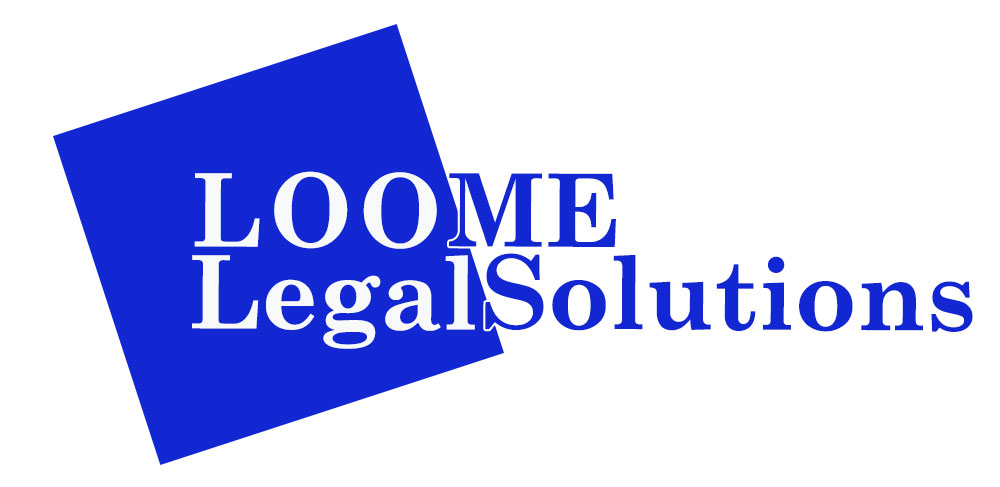Although most corporations issue stock and other securities throughout their life cycles, perhaps the most typical clean-up item that we confront with our start-up clients revolves around their securities issuances. Ensuring that a corporation’s securities (this includes, among other things, its stock, options and warrants) are properly issued and documented is crucial for good corporate housekeeping, which will allow diligence by potential acquirers or investors to proceed without issue.
As a matter of Delaware corporate law, two actions need to occur in order for a corporation to issue its securities: (1) the board needs to approve the issuance and (2) the corporation needs to receive consideration for the securities. Additionally, all LOOME clients are generally advised to enter into written agreements covering the issuance.
Board Approval
Board approval is required for every issuance of a security, whether that security is common stock, preferred stock, an option, a warrant or a convertible note. Please see our separate blog post on how to properly obtain board approval. Simply put, under Delaware corporate law, securities are not validly issued without the approval of the corporation’s board.
Consideration
Every security that a corporation issues must be issued for some form of consideration, which means the corporation must receive something of value for the security. Delaware corporate law provides that consideration be paid in such form and in such manner as the board of directors determines; provided, however, that such consideration be in the form of cash, any tangible or intangible property or any benefit to the corporation or any combination thereof. Please also note that shares of stock with par value must be issued for consideration having a value not less than the par value of the stock (this is a requirement that the unwary are sometimes unaware of when issuing stock or setting a par value). Also, you will want to take into account tax issues when looking at the different ways to pay for securities – this analysis can be dependent on the security holder’s individual tax situation so it is always a good idea to involve a tax attorney or accountant to avoid unintended tax consequences.
Written Agreements
While not strictly required to issue securities under Delaware corporate law, corporations are always well advised to enter into written agreements in connection with issuing securities. There are certain agreements and representations that are advantageous for a corporation to obtain in connection with securities issuances, and having an executed agreement accompanying every issuance of a security is something that is valuable during the diligence process. The documents required for any particular securities issuance will necessarily depend on the type of security that is being issued. Obviously, the agreements used when issuing an option to an employee will differ from the agreements used when issuing common stock to a founder or preferred stock to an investor. LOOME can help you to make sure that you have all the typical documentation signed and available in connection with every securities issuance.
Stockholder/Other Approval
Typically, stockholder approval is not required in order for a company to validly issue its securities. That said, protective provisions requiring stockholder approval for certain issuances are sometimes negotiated by the corporation’s investors and written into the corporation’s certificate of incorporation. Additionally, lenders and investors sometimes negotiate negative covenants that contractually require some form of approval in connection with certain security issuances. LOOME can help you analyze whether there is any additional layer of approval necessary for your security issuances.
Securities Law
Any time that you issue securities, that issuance must be registered under applicable securities law OR a valid exemption from registration must be available. Most private offerings can be structured to make use of federal and state exemptions from registration (some of which are even self-executing and may not even require a filing). Please contact a LOOME attorney to discuss help with securities law compliance and completing any necessary filings in connection with your securities issuances.
Antifraud
Although it is not always appreciated, agents of private companies can be held liable for deceptive or manipulative practices in connection with the issuance of securities in violation of applicable securities laws. For example, federal securities law contains a general antifraud provision that provides, among other things, that it will be unlawful for any person in the offer and sale of securities to obtain money or property by means of any untrue statement of a material fact or any omission to state a material fact necessary in order to make the statements made, in light of the circumstances under which they were made, not misleading.
If you need help with issuing securities, please contact us or set up a free consultation.
[NOTE: While this post focuses on the workings of Delaware corporate law, the law governing corporations that may have been incorporated in other states is typically pretty similar. If you are dealing with an entity incorporated somewhere other than Delaware, LOOME can help you to identify any differences].

[NOTE: While this post focuses on the workings of Delaware corporate law, the law governing corporations that may have been incorporated in other states is typically pretty similar. If you are dealing with an entity incorporated somewhere other than Delaware, LOOME can help you to identify any differences].
